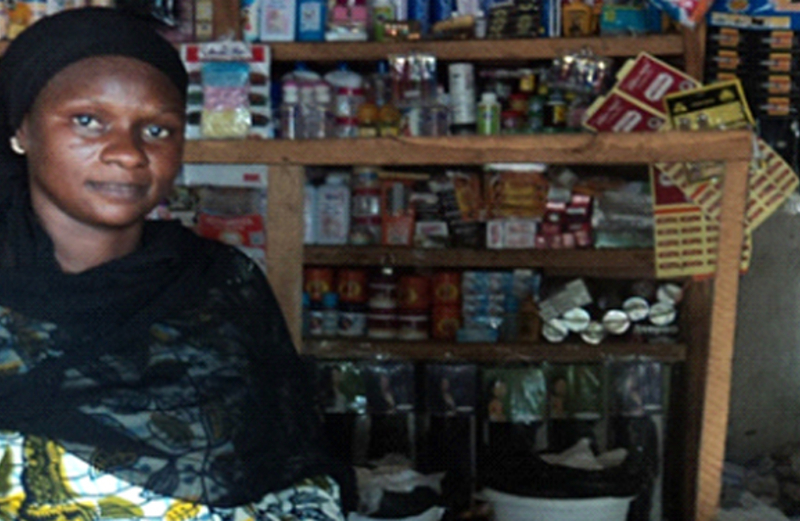Business and Vocational Skills

Developing the skills of African women is one of the primary aspirations of the African Union’s Agenda 2063 and is a vital tool for eliminating youth unemployment. The Agenda’s aspirations stipulate prioritising actions in “Catalysing an Education and Skills revolution and actively promote science, technology, research and innovation, to build knowledge, human resources, capabilities and skills for the African century”. The aforementioned is to be achieved through the improvement of technical and vocational education and training through increased investments, the establishment of several high-quality Technical Vocational Education Training (TVET) centres across Africa, greater links with industry and alignment to labour markets, with a view to improve the human capital, employability and entrepreneurship of women in order to close the skills gap on the continent.
Closing the skills gap, especially for youth and women, through the imparting of business and vocational skills is in alignment with the Sustainable Development Goals (SDGs), particularly goal 4 which aims at ensuring inclusive and equitable quality education and the promotion of lifelong learning for all by 2030.
The disbursement provided by the NEPAD Spanish Fund for African Women Empowerment provided financial support to projects which were in alignment with SDGs. The project's achievements include the provision of business and vocational skills training for women in Africa, small business development and marketing skills training, initiatives to develop women’s agricultural processing capabilities through the incorporation of modern processing techniques, the development and distribution of training manuals, business management and planning training including costing and pricing methodologies, establishment of business incubators which provided technical and support services to small businesses run by young women, the development of women’s business networks, provision of leadership and communication training.
These initiatives helped to spur local economic development and improved the income generating capacity of the women, thus furthering their independence and economic empowerment. The actions undertaken by the NSF organisation were aligned with the aspirations set out in the African Union, Agenda 2063, where African development is people-driven, by unleashing the potential of its women and youth.
